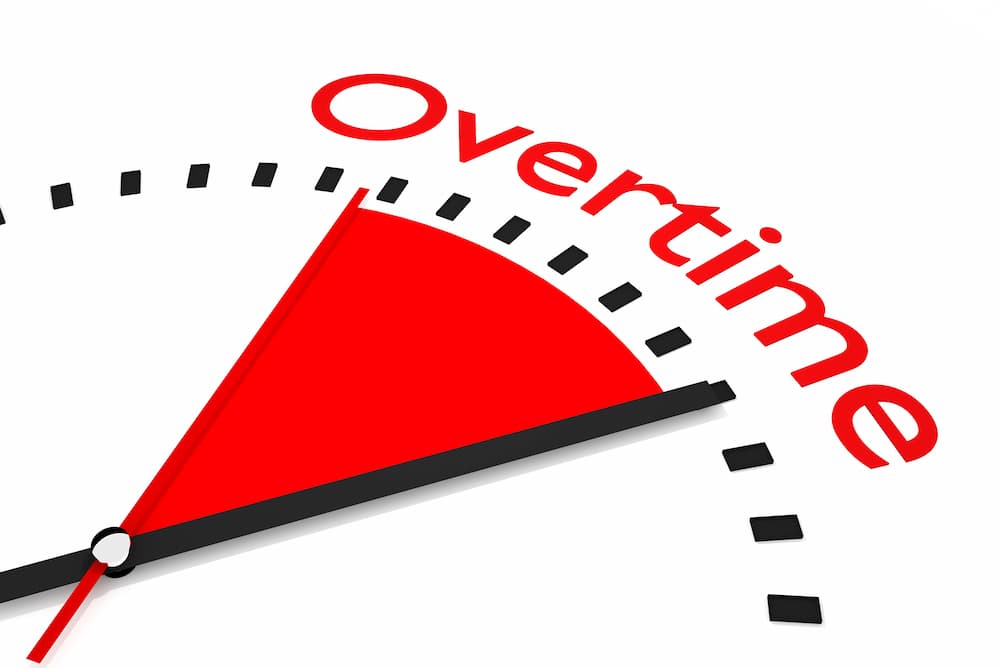Partners need and should have a buy-sell agreement. If they do not and one of the partners dies or becomes suddenly disabled, there will be problems between the survivors and the family of the deceased or disabled partner, but the practice will continue pretty much as it was. However, if a sole practitioner dies or becomes disabled, there will be a problem with the practice continuing. For that reason I suggest a practice continuation agreement.
I know from experience that many solos neglect to do anything, believing they will never die or become disabled. I’ve written plenty about how to get a practice continuation agreement, so now I want to provide a clear list of what occurs when a sole practitioner dies without making any continuation arrangements:
- There will be confusion about what to do among the immediate family and other family members that might be beneficiaries of any sale.
- Accounting practices are a wasting asset, with a drop occurring as each client finds out the owner died or became disabled.
- The widow, widower or family representative loses time trying to figure out what to do and who to contact, while also trying to make arrangements for the funeral or for the care of the disabled owner.
- The family will likely be distrustful of anyone they talk to about acquiring the practice, creating a contentious atmosphere and causing a delay in any deal to transfer the clients. Sellers always think they are being lowballed and can make a better deal with someone else.
- The family postpones making a decision and executing an agreement. Everything that comes up causes a delay, and delays reduce the value of the practice.
- Unnecessary legal expenses can occur since few survivors would move forward without consulting an attorney.
- Many, if not most, attorneys would not advise that a business should be sold for without some sort of professional valuation. This will cause valuation fees and more delays. A continuation agreement (or buy-sell) would provide that value and terms and a mechanism for the sale and practice continuation.
- Heirs may fail to agree, causing more potential for contention and altercation.
- There will be considerable difficulty for buyers in understanding the client service and fee arrangements, and locating passwords, contracts and leases.
- Some clients will be overlooked or abandoned, further reducing the value of the practice.
- If the practice isn’t sold, there are costs of winding down and liquidating the practice, closing the office and canceling any leases, terminating employees (and paying for wages earned and benefits accrued such as vacation time and possibly severance pay), canceling insurance policies and obtaining tail professional liability coverage, deciding what to do with files and gathering the information to file tax returns for the practice’s operations. The person typically overseeing or doing this would have little or no experience in such matters, further prolonging the process, adding costs and probably reducing revenues. There might be a muddle as to who should do this, who is authorized, and whether it needs to be done through the probate process. If there is no will, there will be many other delays, costs and confusion.
- Someone would need to collect outstanding fees, invoice for unbilled services that have been performed, and try to figure out the status of each client’s work in progress.
- The status of completed work that hasn’t been delivered to clients, plus proper payment for such services, will need to be determined.
- Work in progress that might not be completed timely might subject the client to penalties that could be the responsibility of the deceased practitioner’s estate.
- And many other problems and time-wasting issues always seem to miraculously appear.
Problems will develop and mount and won’t disappear if they are ignored. Dealing with them will be the responsibility of the heirs. This is nasty, unpleasant stuff and needs to be handled in an appropriate manner.
To avoid or mitigate most of these issues and problems, practitioners should have a practice continuation agreement in place. You can download a free kit with a sample agreement by clicking this link. Over 20,000 of these agreements have been distributed for free by me. Hopefully many readers have executed such agreements.
Get it done. You can also use this kit as a guide to provide consulting services to clients that are single-owner businesses.
Do not hesitate to contact me at emendlowitz@withum.com with your practice management questions or about engagements you might not be able to perform.
Credit: Source link











